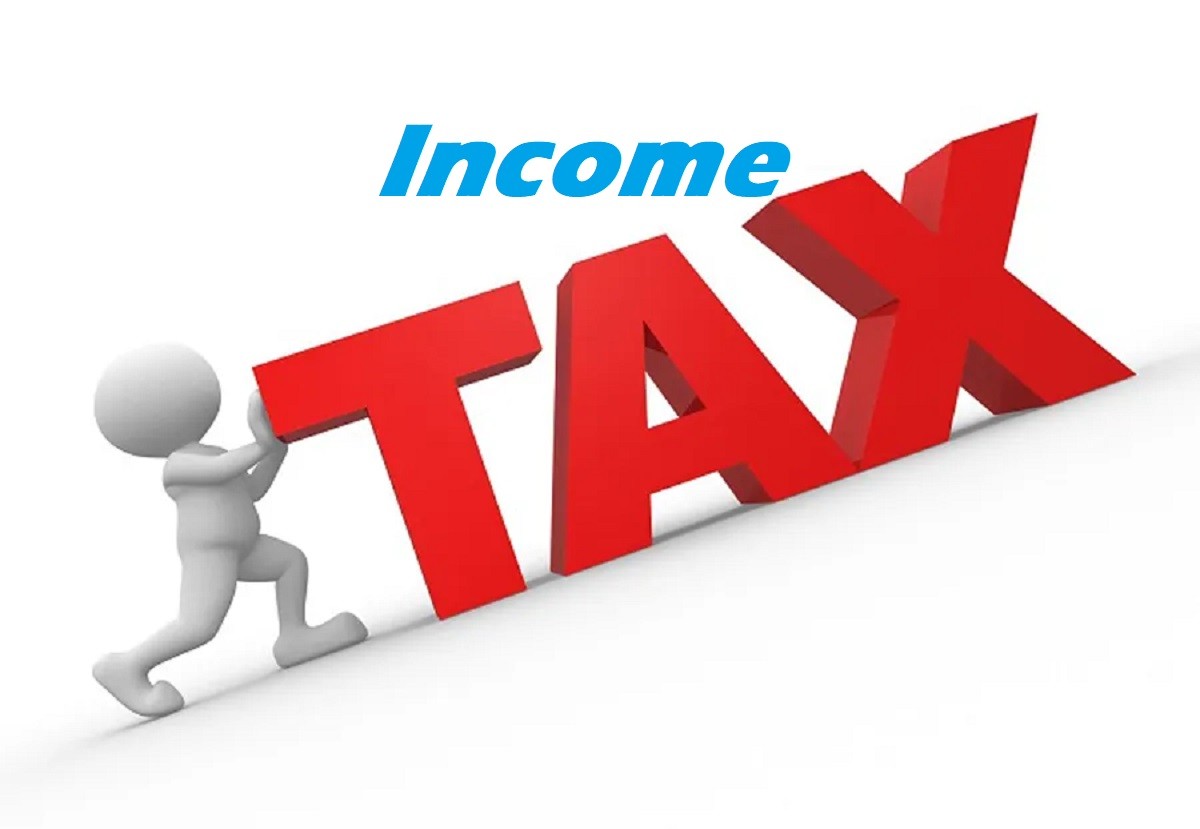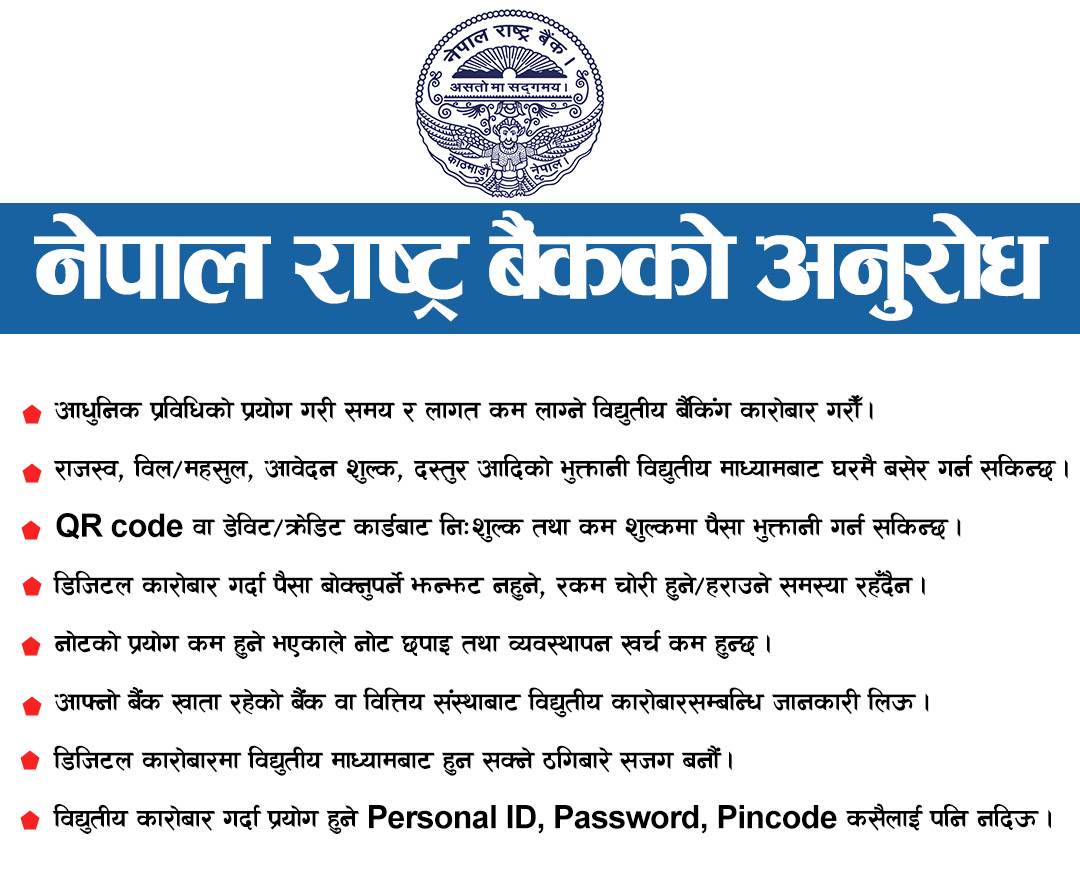Tax rate Changed on Budget 2080/081 : How much tax should be paid on income ?
Jun Sat 2023 03:24:09
1602 views

Kathmandu. Due to the government's change in the tax rate through the budget of the next financial year, there has been some change in the income tax. The government has revised various tax rates through the budget of the next fiscal year 2080/81<span;>. Through the Economic Bill 2080, the government has also amended the provisions related to income tax. The income tax payable by persons with annual taxable income of more than 20 lakhs has been increased.
The Internal Revenue Department has made public the details of the income tax to be paid in the next financial year while clarifying the provisions in the financial bill. The new regime has revised the income tax rate for individuals with an annual taxable income of more than 20 lakhs. 36% income tax will be levied on taxable income above 20 lakhs up to 50 lakhs.
Similarly, any taxable income above Rs 50 lakh will be taxed at 39 per cent. For people with taxable income less than 20 lakhs per annum, the tax rate remains the same. A single person has to pay 1% income tax on taxable income up to Rs 5 lakh and in case of couple up to Rs 6 lakh. However, in the case of sole proprietorship registered taxpayers, there is a provision of 1% income tax exemption on the income of natural persons who contribute to pension fund, pension fund and social security fund based on contribution.
A single person has to pay 10% income tax on taxable income between Rs 5 lakh and Rs 7 lakh and in case of couple between Rs 6 lakh and Rs 8 lakh. 20% income tax has to be paid on income from 7 lakhs to 10 lakhs in case of single person and 8 lakhs to 11 lakhs in case of couple.
There is a provision of 30% income tax on income from 10 lakhs to 20 lakhs for a single person and 11 lakhs to 20 lakhs for a couple. While calculating the annual taxable income, the provision of not counting the amount of various titles i.e. exemption has also been kept in the economic bill. Limits are also set on the amount that cannot be included in the income of a natural person or the amount that can be exempted from expenses.
When a person contributes to a retirement fund, he can deduct from his taxable income up to three lakhs per annum or one-third of his assessable income, whichever is less. There is a provision to deduct five lakhs or one-third of his assessable income, whichever is less, from his taxable income while contributing to the contribution-based social security fund.
The remote allowance facility is also deductible from taxable income. Similarly, the revenue department has stated that 75 percent of the foreign allowance received by employees working in Nepal's diplomatic missions abroad can be deducted from taxable income.
Income from pension can be reduced by 25% in the exemption limit. Similarly, persons with disabilities will be able to deduct an additional 50 percent of their taxable income. Annual premium paid for insurance or 40,000 whichever is lower can be deducted from taxable income. The annual premium paid for health insurance or Rs.5,000, whichever is lower, can be deducted from taxable income.








